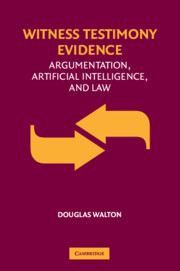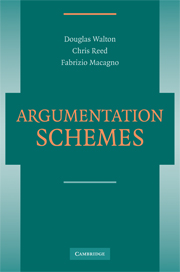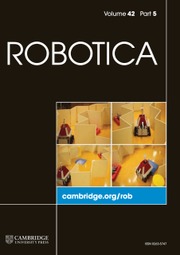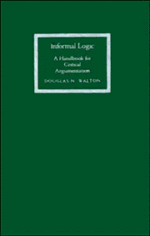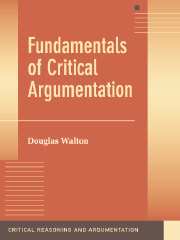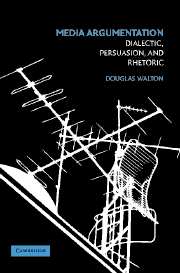Burden of Proof, Presumption and Argumentation
The notion of burden of proof and its companion notion of presumption are central to argumentation studies. This book argues that we can learn a lot from how the courts have developed procedures over the years for allocating and reasoning with presumptions and burdens of proof, and from how artificial intelligence has built precise formal and computational systems to represent this kind of reasoning. The book provides a model of reasoning with burden of proof and presumption, based on analyses of many clearly explained legal and non-legal examples. The model is shown to fit cases of everyday conversational argumentation as well as argumentation in legal cases. Burden of proof determines (1) under what conditions an arguer is obliged to support a claim with an argument that backs it up and (2) how strong that argument needs to be to prove the claim in question.
- Shows how the latest argumentation-based methods of artificial intelligence help us to better understand how burdens of proof and presumptions work as devices of legal reasoning
- Clearly explains many confusing but interesting problems of burden of proof and presumption that commonly arise in legal and non-legal examples
- The reader is also shown how to deal with presumptions and burdens of proof in everyday life, such as how to use them as powerful tools of rhetorical persuasion
Reviews & endorsements
'Douglas Walton has done it again. This important and timely book should be read by everyone concerned with the health and state of argumentation in a world that seems devoid of reasoning.' Ian I. Mitroff, Center for Catastrophic Risk Management, University of California, Berkeley
'Walton's book provides a much-needed firm grasp on two of the 'slipperiest member[s] of the family of legal terms' - burden of proof and presumption - through accessible examples and clear connections to the broader field of argumentation.' Joseph A. Laronge, Trial Attorney and Adjunct Law Professor
'Walton's intellectual tour de force brings together argumentation theory, AI and law to provide a framework within which this most difficult but also highly important issue of argumentation can be addressed.' Burkhard Schafer, University of Edinburgh
Product details
June 2014Adobe eBook Reader
9781139950480
0 pages
0kg
52 b/w illus.
This ISBN is for an eBook version which is distributed on our behalf by a third party.
Table of Contents
- 1. Introduction to basic concepts
- 2. Burdens of proof in legal reasoning
- 3. Presumption in legal reasoning
- 4. Shifting of the burden of proof in witness testimony
- 5. Burden of proof in dialogue systems
- 6. Solving the problems of burden of proof
- 7. Burdens of proof in different types of dialogue
- 8. Burdens of proof in everyday conversational arguments.


